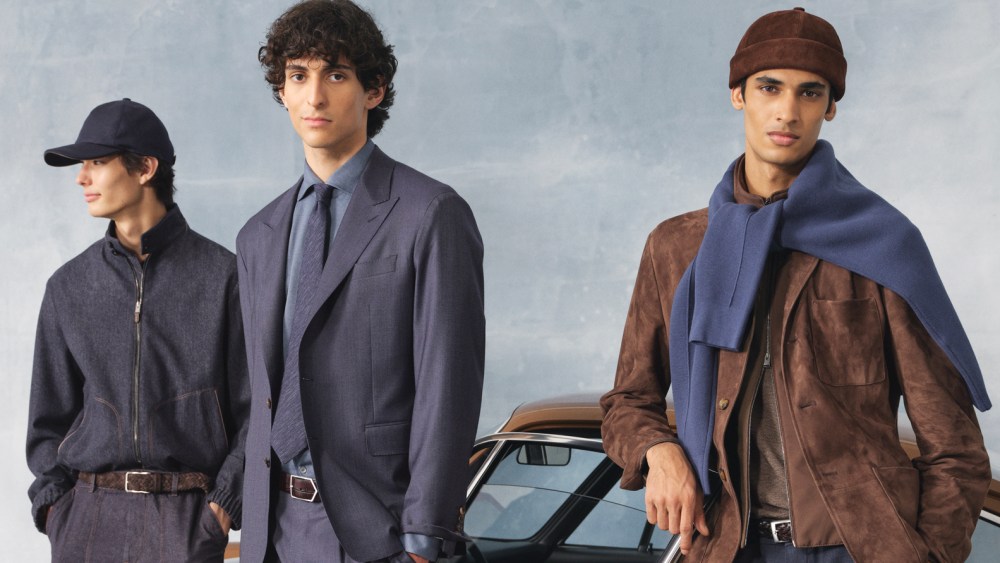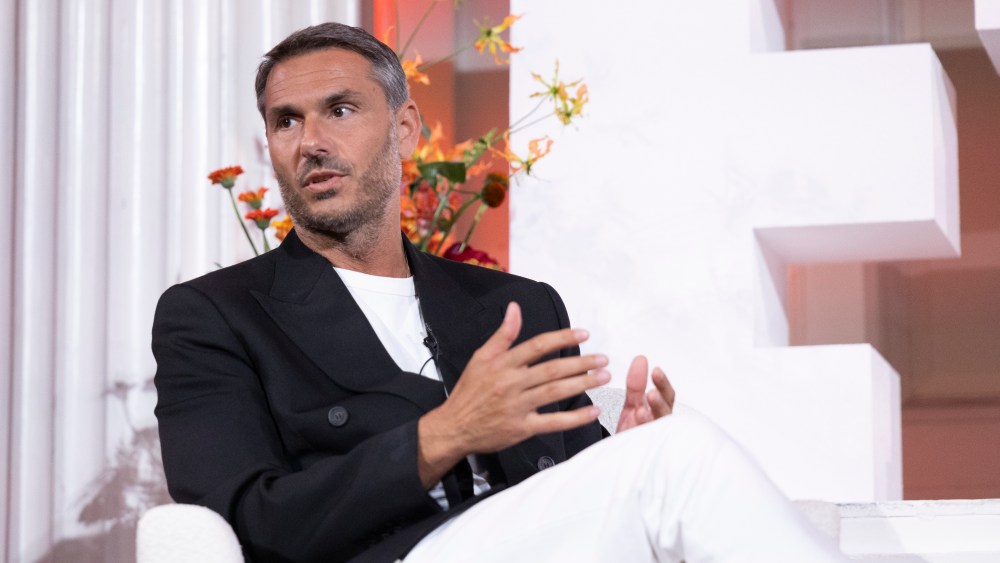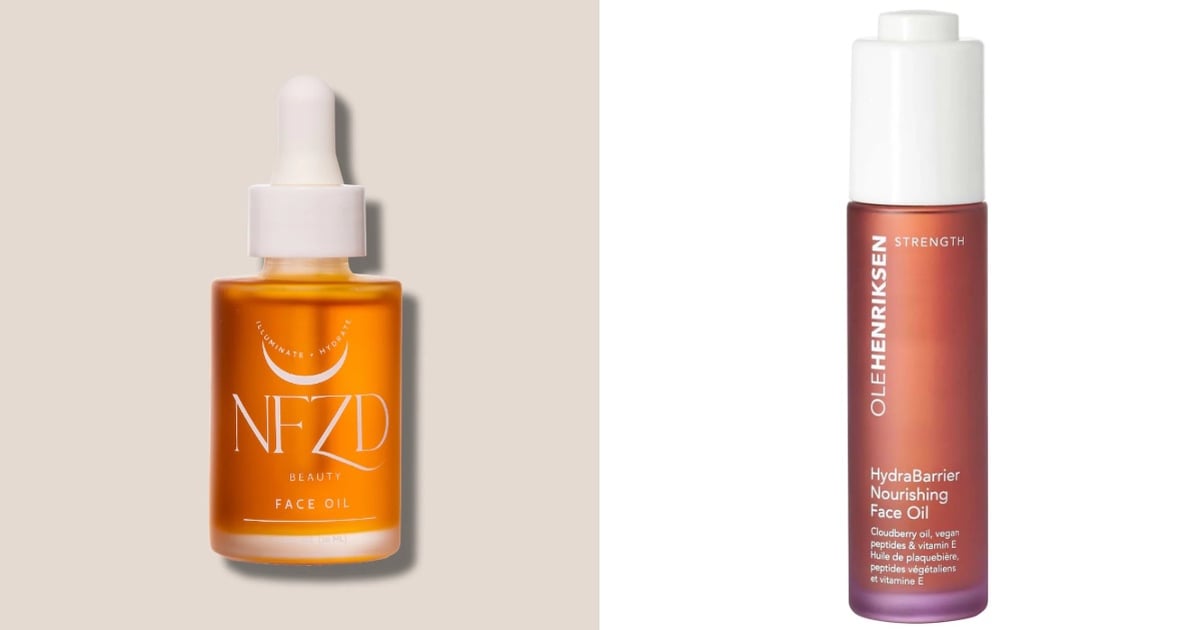MILAN — “We thought we had seen it all with COVID-19, but no, we still have to adapt, every day there are surprises and the main thing is not to betray the DNA of the company. When things calm down, we will reap the rewards,” said Antonio De Matteis, chief executive officer of Kiton.
This stance summed up the general attitude of executives speaking with WWD ahead of Milan Men’s Fashion Week, kicking off Friday and running until Tuesday, the latter day dedicated mainly to digital presentations.
The C-suite comments were made before the war between Israel and Iran had even started, surely adding more agita to the executives who are already facing the ongoing slowdown in China, uncertainties in the U.S., geopolitical tensions, inflation and other wars raging around the world. Despite these challenges, it’s not all gloom and doom in the eyes of the leaders of the Italian menswear brands.
You May Also Like
Stefano Canali, CEO of the family-owned Canali brand, concurred with De Matteis and said that, given the uncertain macro context, “the challenge is to stay the course in alignment with the brand’s DNA without falling into the pressure of immediacy.” Canali’s product offer, he contended, “is what the consumer is seeking today: an authentic, sober and reassuring luxury. What we define: Whispered Luxury. Our competitive strength lies in this consistency.”
He touted the power of “credibility and reliability,” which are key for growth and serve to strengthen a brand’s identity.
To be sure, at a time when the revolving door of creative directors is shaking the industry, and is also causing the Milan schedule to be whittled down to a handful of fashion shows, “now more than ever, customers are looking for value and relevant items that can have a long-term presence in their wardrobes,” opined Robert Triefus, CEO of Stone Island, touting the brand’s “constant focus” on products and fabrics. For spring 2026, he said he was “very confident that we have an offer that speaks strongly to our values, especially in outerwear and knitwear, embodying our passion for material research, and recognizing the real life needs of men today.”

Brunello Cucinelli also touched on the subject of use, recalling how he has been buying men’s magazines since the 1960s, and lamenting the current trend toward excess. “Until 2005, the content was about wearable clothes, but in the past 10 years, things have changed.”
Cucinelli, who has long embraced the presentation format that allows for more “concreteness and close-up view of the collections,” contended that very often, established brands “are aiming for the small percentage of super fashionable men, which is around 15 to 20 percent globally. More effort should be made to dress the 80 percent of men that are not fashionistas.”
Also affecting the industry is “not a fatigue over fashion and luxury, but a general disaffection due to the recent unreasonable price hikes. I myself don’t buy from those brands that have profits that are too high,” said Cucinelli, a firm promoter of humanistic capitalism.

Francesco Fiorese, managing partner of global management consulting firm Simon Kucher, addressed the topic of pricing. He said men in the European Union “maintain a strong preference to buying items in stores and typically compare prices (across store and website) before the purchase, proving the importance of an overarching distribution and pricing strategy.”
Fiorese stated that, “in relative terms, they are more open to buying secondhand luxury and discovering new brands, showing potential for new brands to get on their radar. Moreover, they are more likely to be influenced by others’ recommendations, proving the importance of word-of-mouth and monitoring clients’ NPS [net promoter scores].”
Seeking new brands is no longer solely relegated to women, as “the attitude of men is increasingly more similar to that of women,” De Matteis said. “They change more often than in the past throughout the day or for the weekend and depending on the occasion.”

Corneliani’s CEO Giorgio Brandazza said menswear is “rediscovering a centrality that was perhaps overshadowed in recent years. Customers today don’t buy out of necessity, but for affinity, and this is a fertile land for a brand such as ours. Men today are increasingly more aware and selective,” seeking garments that have value, not only quality, and that “reflect a vision of themselves that is multifaceted in terms of elegance, comfort, sustainability and identity.” In this sense, Corneliani’s response is “consistent and credible,” he said.
“Our world is going through a major evolution, with many big changes, and we have to pay much more attention to servicing our customers,” said De Matteis, citing the need to create specific events and dedicated moments for customers, exemplified by a recent initiative with Mytheresa in Naples, where the company is based. Despite the challenges, De Matteis was “quite optimistic,” pointing to a first quarter where sales grew 11 percent.
Cucinelli was equally pleased with the performance of his namesake company in April and May, adding that he was not worried about the potential impact of U.S. tariffs. “They can trigger a reaction on the general mood but I am sure that the biggest democracy in the world will find a balance. This is only a phase,” he contended. In the first quarter of 2025, Cucinelli revenues rose 10.5 percent to 341.5 million euros driven by growth in its primary geographic areas, the Americas, up 10.3 percent; Europe up 10.1 percent, and Asia, where sales rose 11.3 percent.
Brandazza also touted Corneliani’s own path, one that has gone beyond shows and presentations to performances and interactive installations for “a new experiential format that fuses fashion, art and performance in a new language. It is not simply about showing a collection but engaging our guests in a story that combines visual and symbolic elements that come from different creative worlds. In a world where everything continues to change, we believe that this is the most authentic and effective way to communicate who we are and where we are going.”
Canali said “the first half of the year showed once again encouraging signs. In uncertain times, customers seek reliable brands that offer consistency and real content.” The Italian menswear specialist said it continues to fuel its investments, which include new store openings. In July, Canali will inaugurate a new store in Los Angeles, “proving the centrality of the United States, which remains a driving market for the growth of the brand and where we continue to grow at a double-digit pace even with the uncertainties linked to the tariffs.”
At the same time, China remains “a country we continue to believe in, even in a phase of slowdown which is connected to exogenous factors,” he continued. In fact, coming up next is the opening of a Locanda Canali, which “blends hospitality, experience and a lifestyle vision.” India is confirmed as a solid market, as is Italy, where “our Milan flagship, entirely renovated, is registering excellent results. We look at the next months with a sense of measure but also with confidence, strengthened by having a global presence that allows us to catch different and complementary opportunities.”
As reported, Stone Island is also strengthening its commitment to China, recently opening a flagship in Hangzhou, and is set to reopen on July 1 its store in Hong Kong, relocated in Harbour City at Level 2, Gateway Arcade. Both have been fully redesigned in line with the brand’s global retail concept in partnership with Rem Koolhaas’ OMA/AMO studio.
The same can be said for Corneliani, which opened its first directly operated store in Shanghai at Gateway 66 in March. The beginning of 2025 was positive for the brand, Brandazza said. The company has renovated its stores in Bahrain and Qatar and inaugurated a new store in Riyadh, at the Solitaire Mall, “a strategic and dynamic location in the high-end menswear segment,” he said. Corneliani is also finalizing an opening in Dubai. The Europe, Middle East and Africa region represents around 40 percent of the company’s sales.

The slimmer Milan Fashion Week this season was generally not seen as a red flag and was described as transitional by Carlo Capasa, president of the Camera Nazionale della Moda Italiana, and a “byproduct of the context. In part it’s linked to the crisis and decision of many brands to reduce the number of storytelling moments in the year,” he said. “In part it’s due to creative changes at many fashion houses. We hope that the landscape against which the past two to three seasons have proved weaker will improve in the near future.”
For example, missing from the Milan calendar this month are Zegna, which just unveiled its spring collection in Dubai; Gucci and Bottega Veneta, both gearing up for the debut collections of new creative directors Demna and Louise Trotter, respectively, and Fendi, which will stage a coed show in September to continue celebrating its centennial, as well as Dsquared2, which marked its 30th anniversary with a coed show in February during Milan Fashion Week.
But just how important are fashion shows for menswear brands today as they look at different ways to engage retailers and the press?
While they remain very relevant, believes Etro’s CEO Fabrizio Cardinali, the brand has been exploring alternative formats “that allow us to present the collections in a more intimate and direct way, favoring a closer interaction with the garments and the details.” Etro, on the schedule on Sunday, this season will add a live performance “in continuity with our aesthetic and values.” He admitted womenswear leads the brand’s business, but said menswear is growing and that “we strongly believe in the potential” of the category.
Cardinali was back from a trip to Turkey for an event dedicated to Etro Residences Istanbul — another segment that Etro is developing. In July the brand will open the first flagship and showroom for its home division in Tokyo’s Ginza, he said. “We have just opened accessories shops-in-shop at Rinascente in Rome and at Isetan Shinjuku in Tokyo, in addition to a new boutique at Lotte Avenuel in Seoul.”

For the past six seasons, Canali has also been opting for a format that balances “the dynamism of a show and the measured contemplation of a traditional presentation. It is a choice that is perfectly in line with our identity. It allows us to preserve the emotional impact while offering the time and space necessary to approach the clothes and see the construction, the materials and our purpose.” The executive said so far he was not expecting any major defection in Milan from press or buyers, “who in this context will benefit from a more relaxed planning” of the day and more time to evaluate the collections.
“Fashion week has always been an important moment for the sector and the industry to come together. Although fashion shows are obviously the highlight, other formats are equally inspiring, and Stone Island has always avoided fashion shows in favor of more original presentations that speak to the materiality of our collections,” Triefus said. “Given that Milan Fashion Week follows Pitti Uomo, it will always be a crucial occasion in the calendar, and having less engagements certainly does mean more quality time together with our buyers and our international colleagues from the press, which can be positive.”
While continuing to believe in staging coed shows, Antonio Marras this season will present the new genderless underwear collection “Nuda Veritas” at the brand’s Via Montenapoleone boutique on Friday. During the event, directed by Marras with the artistic contribution of Mauro Balletti, “the boutique will be animated by live performances and digital installations, transforming the space in an immersive experience,” said CEO Barbara Calò. “Our boutiques morph into experiential media channels in key moments of the season.”
For example, in Verona, for the opening of the lyrical season, the boutique became a stage for a meeting between fashion, music and taste with live lyrical performances and a gourmet offer by chef Francesco Sodano of the Famiglia Rana one-Michelin-star restaurant, Calò said. In Florence, during Pitti Uomo, the store hosted an exclusive event dedicated to the personalization of outfits and unique pieces, with Marras in attendance. “Through these initiatives, we strengthen the dialogue between the menswear and womenswear collections, tradition and innovation, telling the story of an artistic and human universe,” she said.



